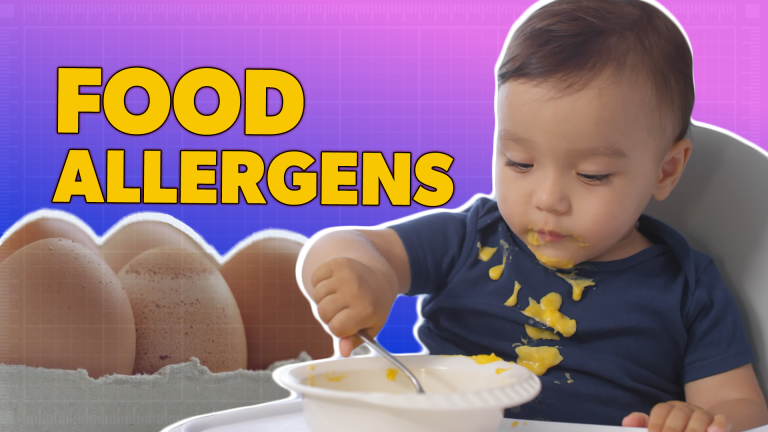Back to Show
Parentalogic
Kids with Intellectual and Developmental Disabilities
Season 1
Episode 29
61 million adult Americans live with some sort of physical, sensory, or intellectual disability. When parents receive the news—prenatally or postnatally—that their child may have some form of a chromosomal difference or intellectual disability, it’s key that healthcare providers relay this diagnosis in a way that’s respectful to the family and those who live with these disabilities every day.
Support Provided By

8:12
It may not be easy, but with a little parental-logic, you can take on the challenge!

5:57
Can kids become addicted to screens?

5:53
Alok and Bethany explain why teens’ mental health care is so important.

7:26
This time, we're breaking down the science behind the body’s big shift.

6:26
Sleep can have a profound effect on children's growth and development.

4:28
How do you safely expose your child to common food allergens?

5:50
Sticking to the immunization schedule is actually really important—here’s why.

5:02
Why children “break down” and have tantrums—and what you should do to help them through it

7:12
Puberty is a wonderful, fun, uncomplicated, & totally non-awkward time (said no one ever).

5:35
By the time a baby arrives, the mammary glands are ready to produce and deliver milk.

4:37
Your child’s poop is a glorious gift that gives you a window into their bodies.

6:19
How can you create the best environment in which to put your newborn down to sleep?





